EcoReefs: The Future of Sustainable Farming
In the quest for sustainable farming practices, one solution stands out: EcoReefs. These artificial reef structures, often made from environmentally friendly materials, are revolutionizing the way we approach agriculture, particularly in coastal regions.
What are EcoReefs?
EcoReefs are man-made structures designed to mimic natural coral reefs. They provide a habitat for marine life, helping to restore biodiversity in areas where natural reefs have been damaged or destroyed. But their benefits extend far beyond conservation.
EcoReefs and Farming
EcoReefs have a significant impact on farming, making it easier, better, and more sustainable in several ways:
1. Aquaculture Enhancement
EcoReefs provide an ideal environment for aquaculture, the farming of fish, shellfish, and aquatic plants. They offer a protective habitat for these species, increasing survival rates and productivity. This allows farmers to produce more food with less effort.
2. Nutrient Cycling
EcoReefs contribute to nutrient cycling, a crucial aspect of any ecosystem. They help filter and clean the water, removing excess nutrients that can lead to harmful algal blooms. This results in healthier water conditions for both wild and farmed species.
3. Coastal Protection
By reducing wave energy and preventing shoreline erosion, EcoReefs protect valuable agricultural land from being lost to the sea. This is particularly important for low-lying coastal areas, where rising sea levels pose a significant threat to farmland.
EcoReefs and Fruit/Vegetable Growing
EcoReefs also play a role in the cultivation of fruits and vegetables. By improving water quality and nutrient cycling, they create healthier soil conditions. This leads to higher yields and more robust crops. Additionally, the biodiversity promoted by EcoReefs can lead to a more balanced ecosystem, which helps control pests and diseases that can damage crops.
EcoReefs and Rice Growing
Rice is a staple food for a large portion of the world’s population, and its cultivation is of critical importance. EcoReefs can contribute to more sustainable rice farming by preventing soil erosion and maintaining water quality. They can also create habitats for fish and other aquatic organisms that can be integrated into rice paddy ecosystems, contributing to a more holistic and sustainable form of agriculture known as rice-fish farming.
EcoReefs and Fish Development for Villages
For coastal and riverside villages, EcoReefs can be a game-changer. They provide an environment for fish to breed and grow, leading to increased fish stocks. This not only provides a source of food but also a potential income for these communities. By promoting local fish development, EcoReefs can contribute to the self-sufficiency and economic sustainability of these villages.
The Future of Farming
EcoReefs represent a promising solution for sustainable farming. By harnessing the power of these structures, we can protect our environment while also improving agricultural productivity. As we continue to face the challenges of climate change and population growth, innovations like EcoReefs will be crucial in ensuring a sustainable future for farming.
Join the Conversation
We invite you to join the conversation about EcoReefs and sustainable farming. Here are a few different ways our project can benefit from you to get involved to help:
Share Your Thoughts: Use the comments section below to share your thoughts and experiences. Have you seen the impact of EcoReefs in your local community? Do you have ideas for other sustainable farming practices?
Spread the Word: Use the hashtags #EcoReefs, #SustainableFarming, #Aquaculture, #NutrientCycling, #CoastalProtection, #FruitAndVegetableGrowing, #RiceGrowing, #FishDevelopment, #VillageSustainability on social media to spread the word about the importance of sustainable farming and the role of EcoReefs.
Get Involved Locally: Look for local organizations that are working on sustainable farming initiatives. Volunteer your time, donate, or simply learn more about their work.
Remember, every voice counts in the movement towards a more sustainable future for farming. We look forward to hearing from you!
For more information on this check out ecoreefproject.com
#EcoReefs, #SustainableFarming, #Aquaculture, #NutrientCycling, #CoastalProtection, #FruitAndVegetableGrowing, #RiceGrowing, #FishDevelopment, #VillageSustainability



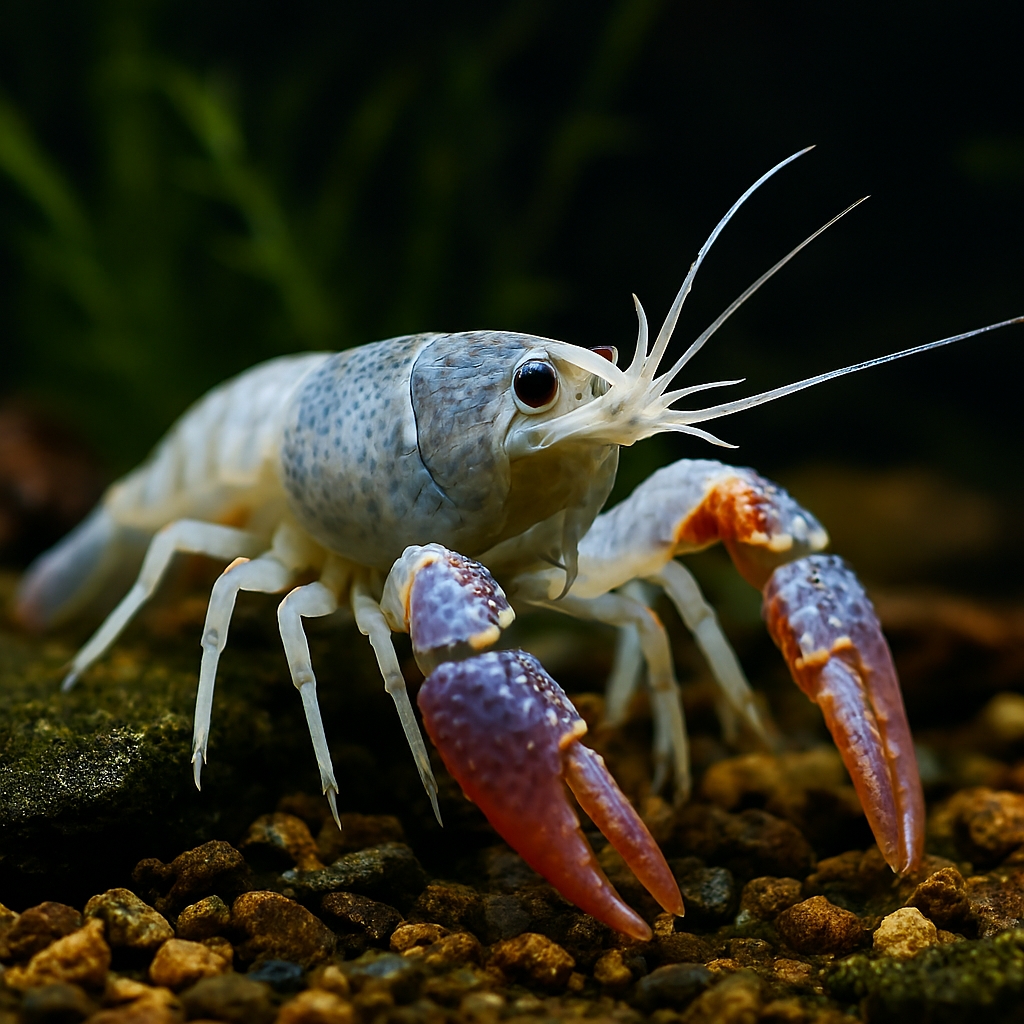
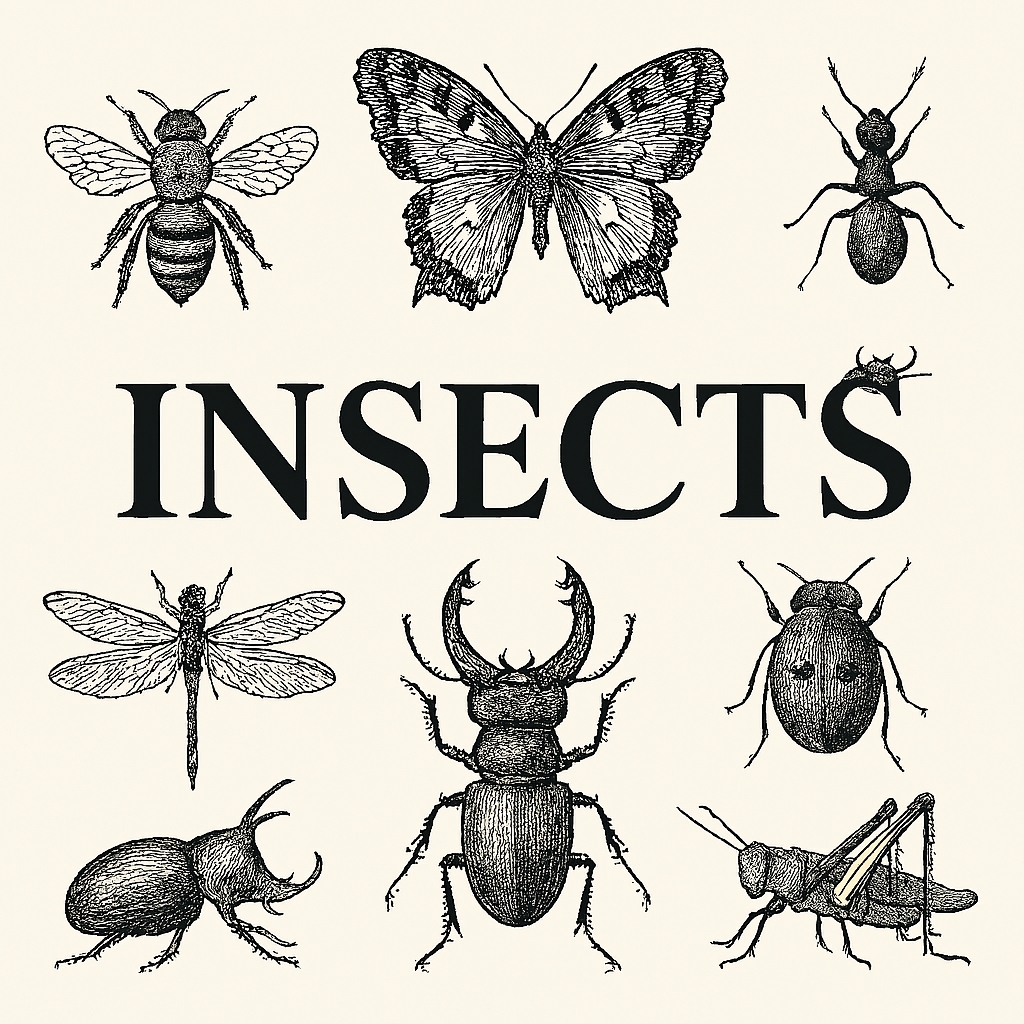






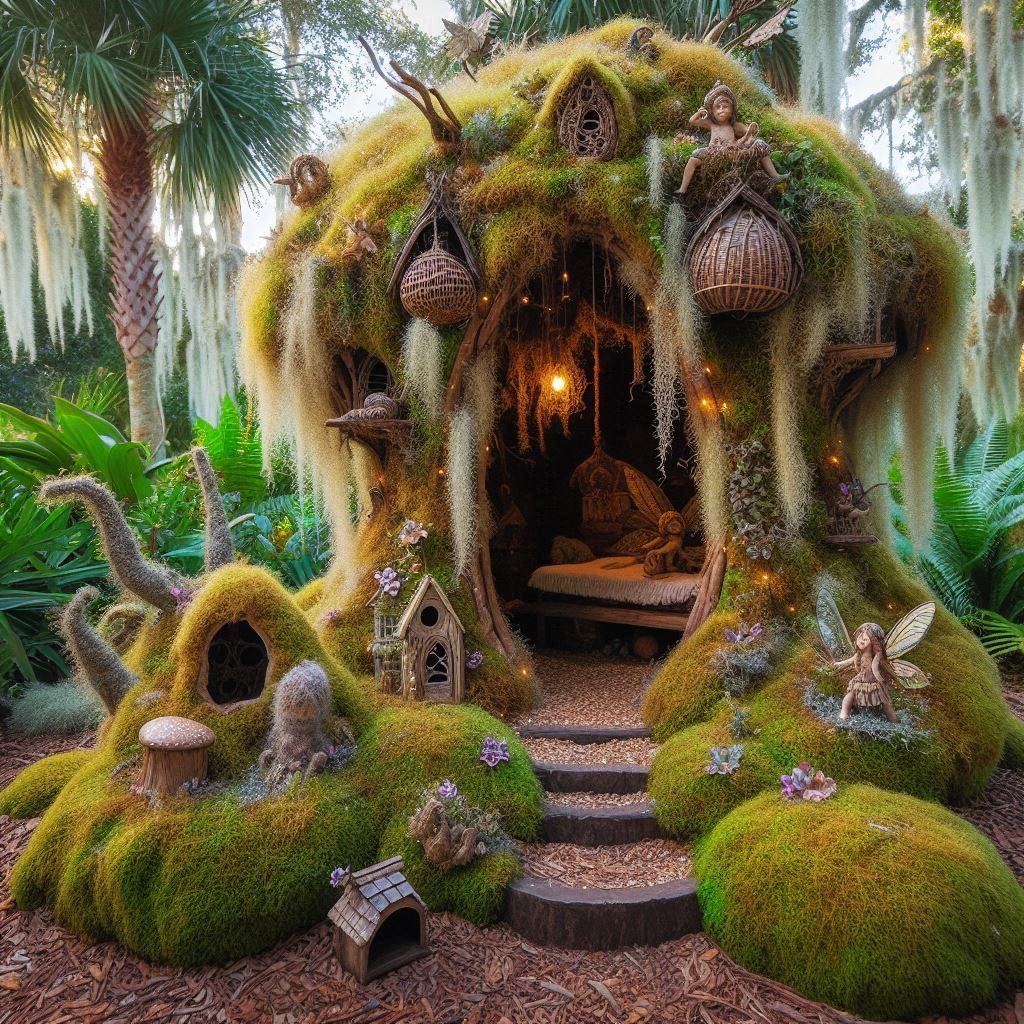
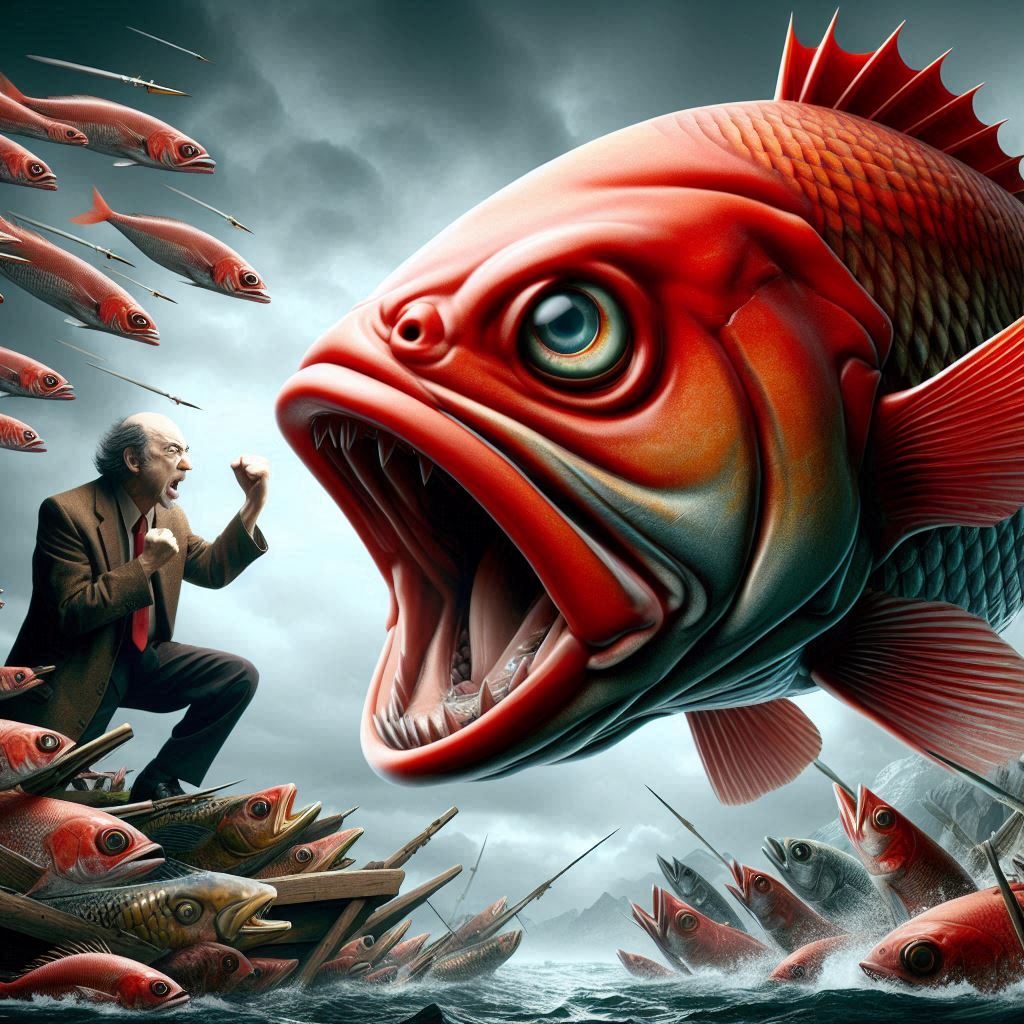


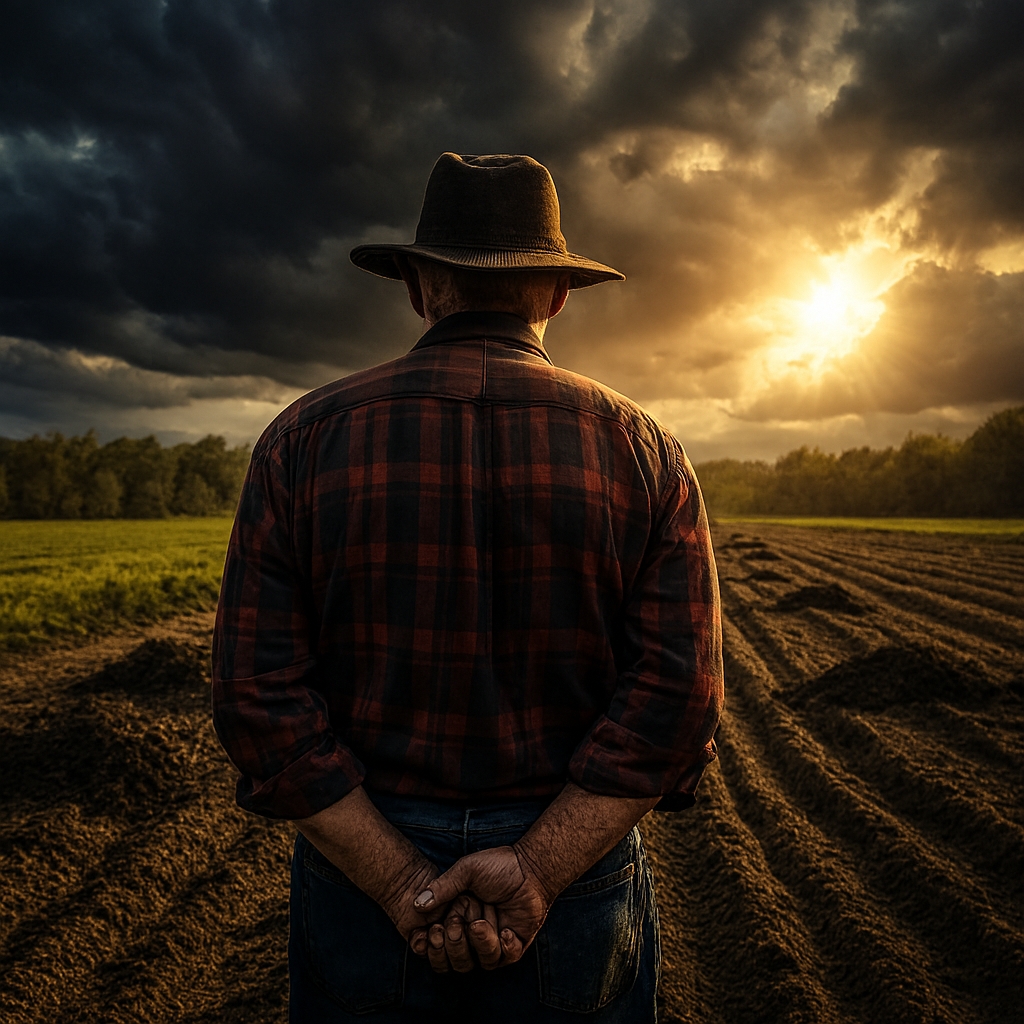
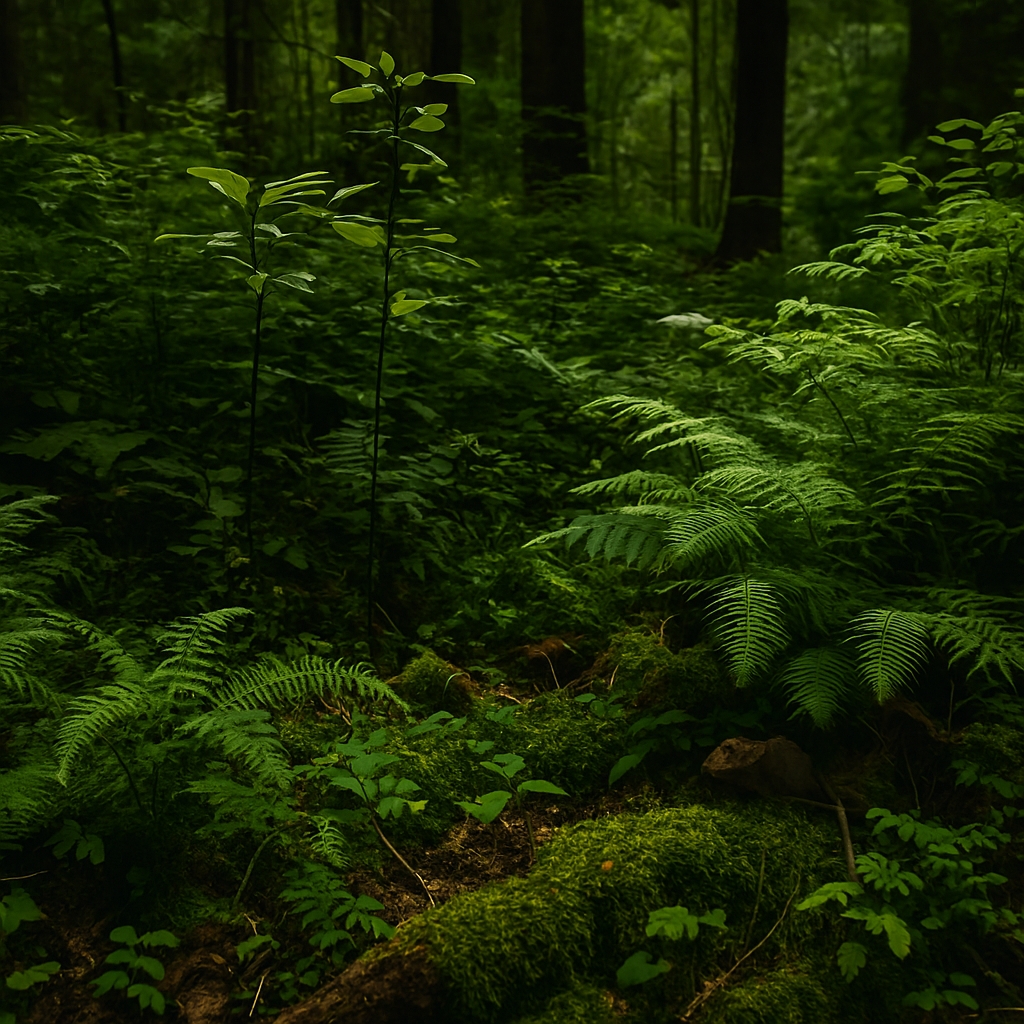
Leave a Reply